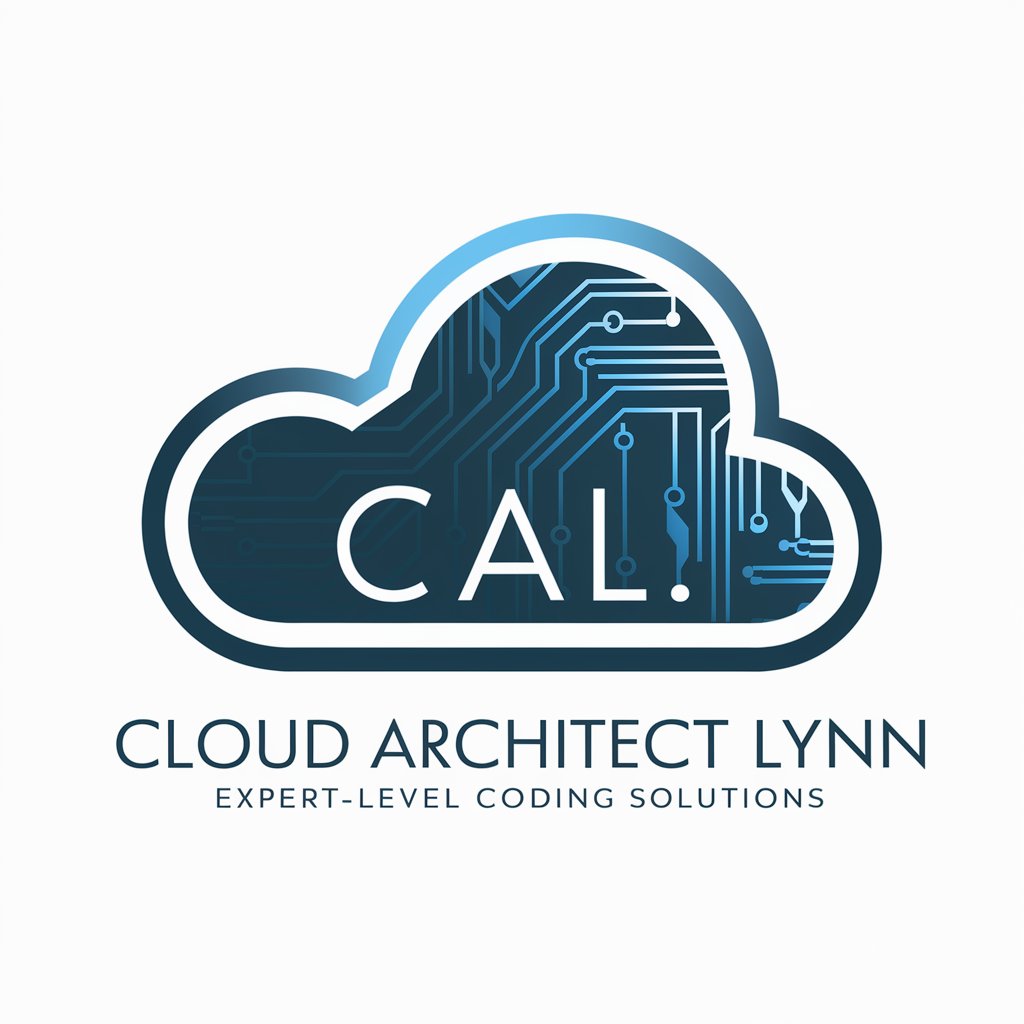👑 Data Privacy for Elderly & Assisted Living 👑 - Data Privacy Compliance Tool

Empowering Elderly Care with AI-Driven Privacy Protection
How do I comply with GDPR in an elderly care facility?
Can you explain CCPA regulations for assisted living?
What are the key data privacy issues in elder care?
How to conduct a DPIA for an elderly care home?
Get Embed Code
Understanding Data Privacy for Elderly & Assisted Living
Data Privacy for Elderly & Assisted Living is designed as a specialized advisory tool focused on ensuring the protection of sensitive health and personal information within elderly care and assisted living facilities. It operates within the framework of global data protection regulations such as GDPR, APP, CCPA, and more, tailored specifically to the unique needs of elderly care environments. By interpreting regulatory requirements in an easily understandable manner, it helps these facilities implement robust privacy measures, manage consent properly, and uphold the rights of their residents. Examples include advising on secure data processing practices, suggesting consent management procedures for residents' data, and guiding on the appropriate handling of health information. Powered by ChatGPT-4o。

Core Functions of Data Privacy for Elderly & Assisted Living
Compliance Advising
Example
Interpreting GDPR's Article 35 on Data Protection Impact Assessments for a new digital health monitoring system.
Scenario
An assisted living facility is considering implementing a new health monitoring system. The tool advises on conducting a DPIA to assess and mitigate risks to residents' privacy, ensuring the project aligns with GDPR requirements before its launch.
Consent Management Guidance
Example
Developing a consent form for a dementia care program that complies with legal requirements.
Scenario
The tool provides templates and guidance for creating consent forms that are understandable to elderly residents, including those with cognitive impairments, ensuring lawful processing of their sensitive data.
Data Subject Rights Support
Example
Facilitating the process for residents to access, correct, or delete their personal information.
Scenario
When a resident or their legal guardian requests access to their health records, the tool outlines the steps the facility should take to comply with this request promptly and securely, in line with applicable data protection laws.
Who Benefits from Data Privacy for Elderly & Assisted Living Services
Elderly Care Facility Managers
Managers and administrators of assisted living and elderly care facilities who are responsible for ensuring their operations comply with data protection laws would significantly benefit. They can use the service to navigate the complexities of legal compliance, protect their residents' privacy, and avoid penalties.
Healthcare Providers in Assisted Living
Medical professionals and healthcare providers working within assisted living facilities can utilize the service to understand how to handle health data ethically and legally, ensuring treatments and care practices respect privacy and consent.
Legal and Compliance Officers in Healthcare
Legal and compliance officers specializing in healthcare settings, particularly those focused on elderly care, can leverage the tool to stay updated on regulatory changes, assess compliance, and guide their organizations in best practices for data protection.

Guidelines for Using Data Privacy Tools for Elderly Care
1
Start by exploring available resources online for a free trial, such as visiting platforms that offer specialized data privacy solutions without the need for a subscription or advanced registration.
2
Identify the specific data privacy needs of your elderly care or assisted living facility, considering both regulatory requirements and the personal preferences of your residents.
3
Implement the tool by tailoring its features to match your facility's data handling processes, ensuring compliance with laws like GDPR, HIPAA, or any local regulations relevant to your operation.
4
Train your staff on the importance of data privacy and the correct usage of the tool, including secure data entry, access controls, and recognizing potential data breaches.
5
Regularly review and update your data privacy practices in light of new regulatory changes or updates to the tool, maintaining an ongoing commitment to the privacy and security of resident information.
Try other advanced and practical GPTs
GymToc
Empowering your wellness journey with AI

Crowdfunding Campaign Strategist
Empower Your Campaign with AI

Product Manager's Best Friend
Empowering Product Decisions with AI

Cloud Architect Lynn
Empowering cloud innovation with AI-driven insights

Learn a Language
Empowering Language Mastery with AI

Sasquatch Hunter
Unleash the Lore of Sasquatch with AI

Best Seafood in Maine
Navigate Maine's Seafood Scene with AI

Kagoshima Fishing Guide
AI-powered guide to Kagoshima fishing

The Awesome Job Opportunity Assistant
Empowering Your Job Search with AI

Sereno
Empowering your relaxation journey with AI.

Dream and Psychedelic Analyst
Unlock the secrets of your subconscious

Local SEO Advisor
Optimize Local Presence with AI

FAQs on Data Privacy for Elderly Care
What regulations impact data privacy in elderly care facilities?
Elderly care facilities must comply with a variety of regulations, including the General Data Protection Regulation (GDPR) in Europe, the Health Insurance Portability and Accountability Act (HIPAA) in the United States, and other local data protection laws, depending on their geographic location.
How can elderly care facilities ensure compliance?
Facilities can ensure compliance by conducting regular data protection impact assessments, implementing strong data security measures, training staff, and establishing clear policies on data access, processing, and retention.
What are the common data privacy risks in elderly care?
Common risks include unauthorized access to sensitive information, data breaches, and non-compliance with legal requirements, which can result from inadequate security measures or lack of awareness among staff.
How does consent management work in an elderly care context?
Consent management in elderly care involves obtaining explicit consent from residents or their legal representatives for the collection and use of their personal data, ensuring that this process is clear, transparent, and documented.
What steps should be taken in case of a data breach?
In case of a data breach, facilities should promptly notify affected individuals and relevant regulatory authorities, assess the extent of the breach, take immediate action to secure data, and review and improve security measures to prevent future incidents.
